

Guiding Children Through a Cancer Diagnosis – What Parents Should Know #ChildhoodCancerAwarenessMonth
By: ImpactGuru
Published On: September 12, 2025
“I don’t understand what is happening to me…
I was just coming back from school when I suddenly couldn’t breathe, and I collapsed.
Since then, my life has been filled with hospital visits and my parents’ worried faces.
But they refuse to tell me what’s wrong.
I feel so tired…I just want everything to go back to normal.”
– The thoughts of a 12-year-old girl diagnosed with lung cancer
Source: Envato Elements
Often, when a child gets diagnosed with cancer, they may not fully understand what is happening to them. They may feel fear, confusion, or anxiety without knowing why. While a parent’s instinct may be to protect them from the harsh truth, children are far more perceptive than we think.
They sense minute shifts like changes in routine or surroundings instantly, or may even receive misleading information from the internet. This makes it all the more important for parents and caregivers to find gentle, age-appropriate ways to explain the situation and help their child process their emotions.
This Childhood Cancer Awareness Month, let us focus on how families can navigate these difficult conversations with honesty, empathy, and hope.
Also Read: How Can Awareness Be the Key to Combat Cancer?
Why Talking to Your Child About Cancer Matters
In such an overwhelming and delicate situation, children often need to feel a sense of control. By gently making them understand their diagnosis and what to expect in terms of treatment, you create a safe space where they can freely express their emotions, ask questions and feel involved in their healing journey.
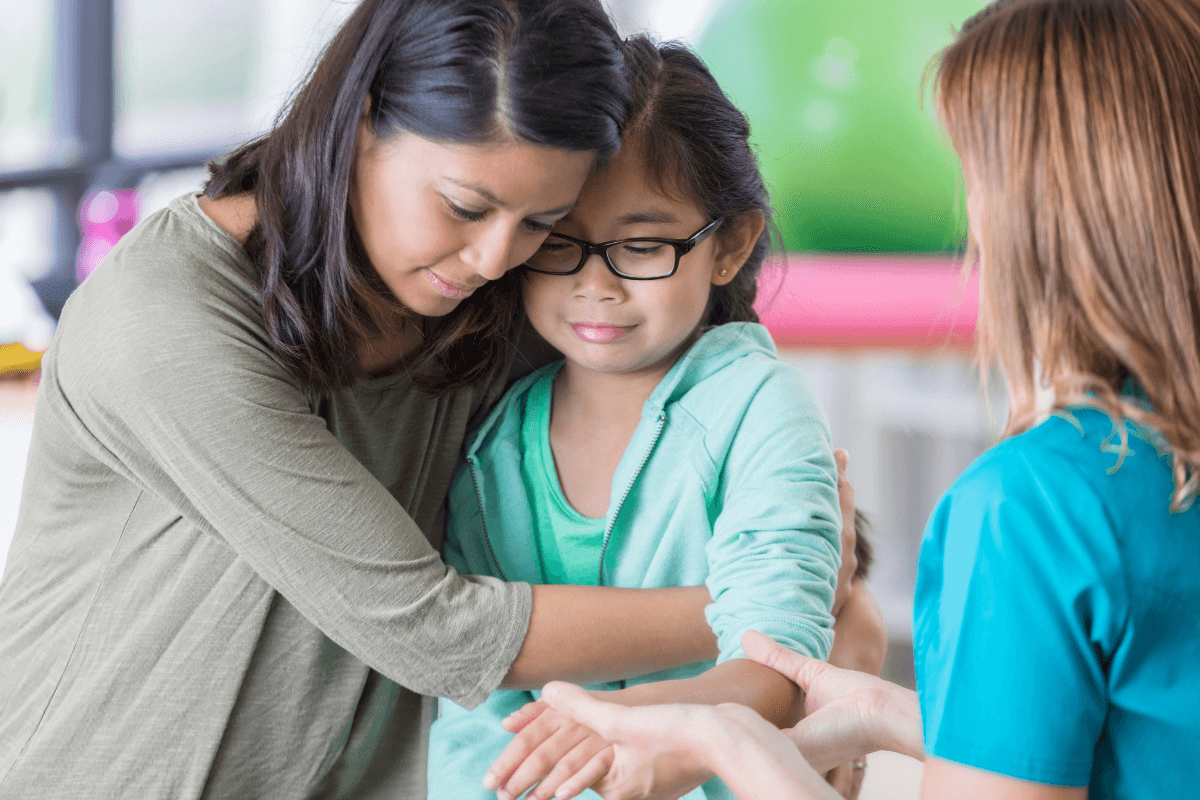
Source: Canva Pro
These discussions also build a stronger relationship of trust, helping families go through challenging times together. While the road ahead may not be easy, know that what you tell your child will help them feel less scared and face cancer with courage.
How to Start These Conversations?
Talking to your kids about cancer can feel intimidating, but there is no ‘perfect’ way to do it. You don’t need to follow a strict script; what matters most is being patient, empathetic and honest with your child.
Depending on their age, you can tailor these conversations in terms of their level of understanding:
For toddlers (3–5 years): Keep your explanations very simple. Focus on what is happening in the present, like doctor visits or medicine, without going into complex details.
For school-age children (6–12 years): Provide more information and explain how treatment may affect their daily routine. Address questions about school, friends, and activities they might miss.
For teens (13+ years): Offer space for open conversations, encourage them to ask questions, and respect their need for privacy and independence.
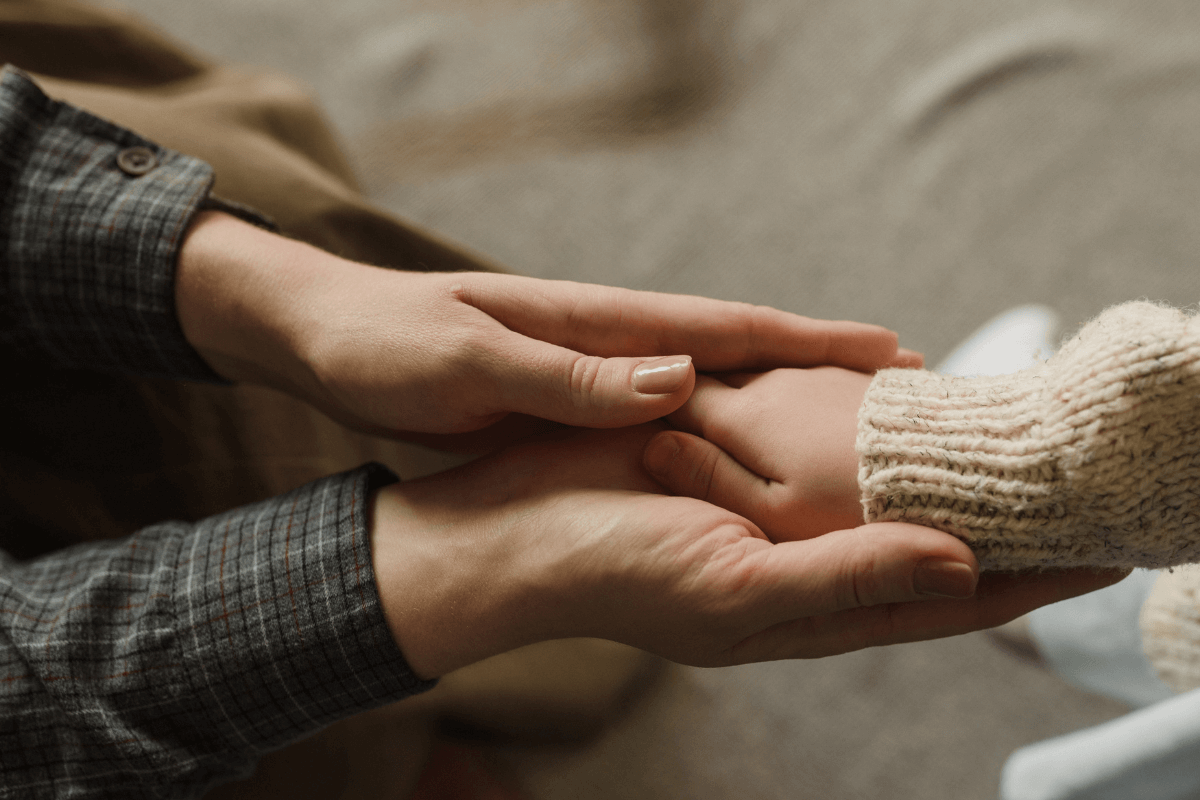
Source: Canva Pro
Here are some more overall conversation tips to prepare children facing cancer:
1. Start small: There’s no pressure to explain everything to the child in one conversation alone. You can start with what is happening in that moment, from blood tests to chemotherapy appointments. Talk as naturally as possible, and avoid big or heavy terms that may confuse them.
2. Use simple examples, not metaphors: Metaphors describing cancer as a ‘battle’ or ‘the bad guy’ may seem motivational, but can easily confuse or scare the child. Instead, use direct and simple terms like ‘good cells’ and ‘bad cells’ to help them understand cancer better.
3. Keep the floor open for questions: Invite your child to actively participate in each discussion, and encourage them to ask questions. Depending on their age, they may want to know more about the treatment, its side effects or what will happen in the future. Be open and honest in answering their questions, and clear any misconceptions they may have.
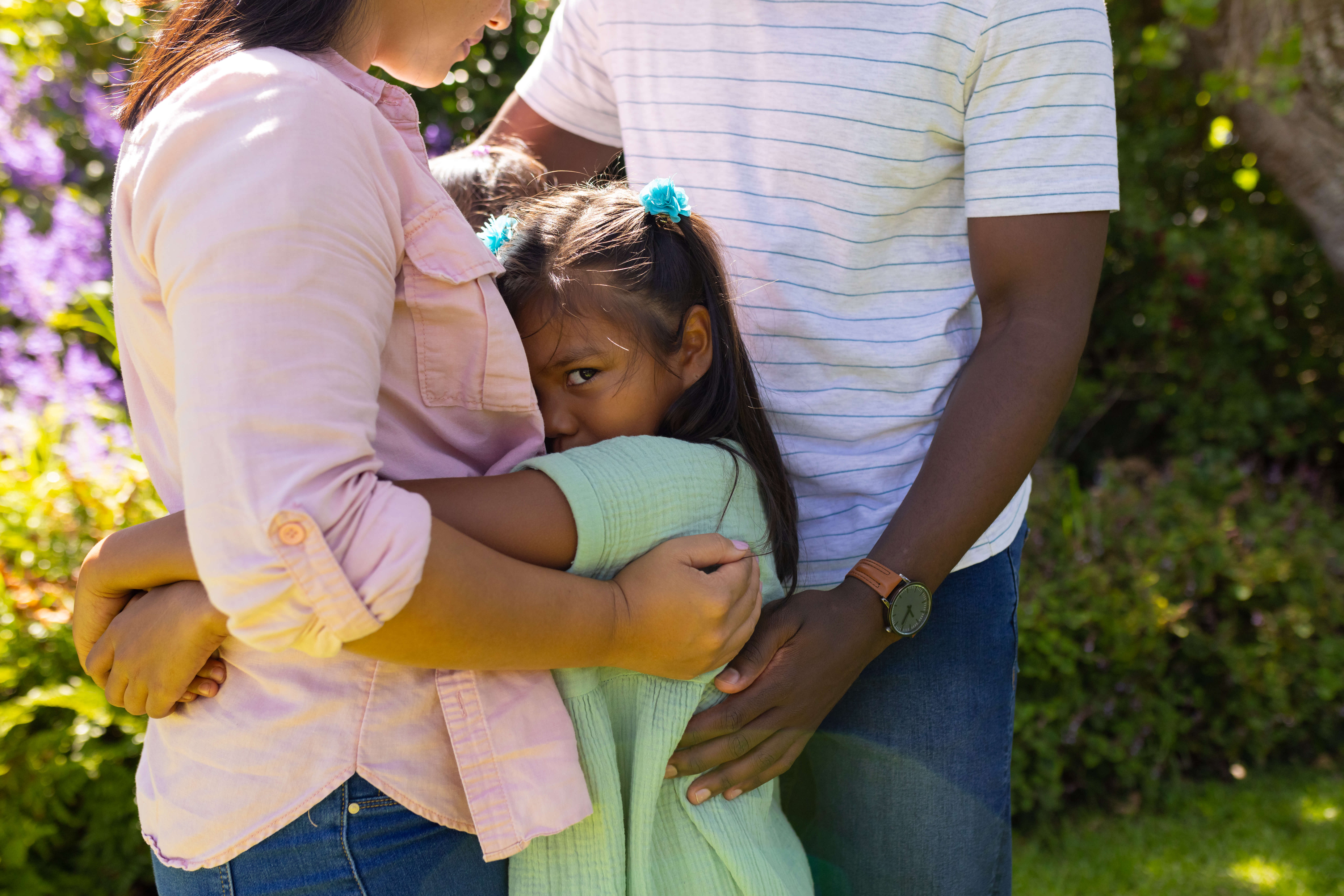
Source: Envato Elements
4. Maintain a balance: Too little information can leave the child confused, while too much all at once can overwhelm them. Share more details gradually and give them time to process them. It’s more helpful to focus on what will happen today or this week, rather than describing the entire journey ahead.
5. Create a safe space: Often, children don’t express their emotions directly or hide them. Hence, it’s important to check in regularly, revisit your conversations and watch out for any unresolved emotions. You can also give them creative outlets like drawing or colouring to process their feelings in a healthy manner.
We understand that as a parent, finding the right words for such conversations can feel overwhelming, especially when you’re carrying the weight of worry and fear yourself.
Hence, let’s explore some things you can say to comfort your child in this difficult time:
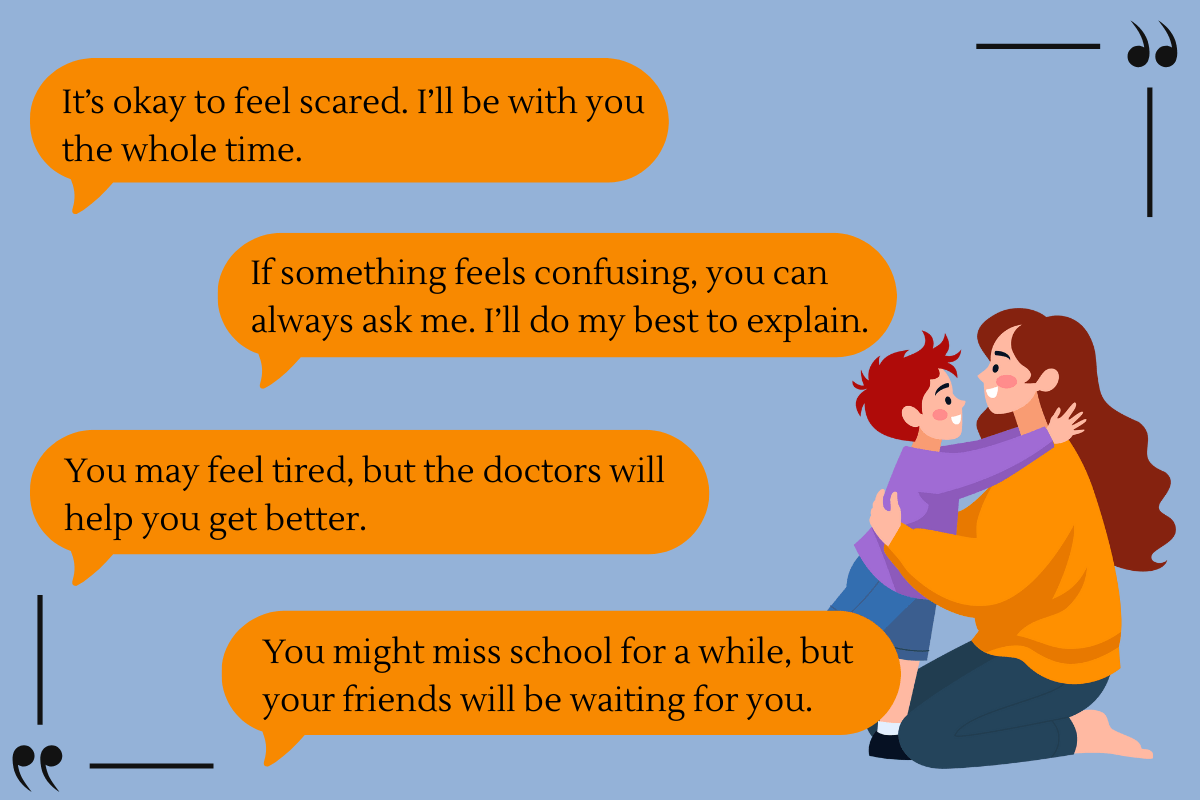
Source: Canva Pro
It’s not easy to balance your own emotions while trying to comfort your child. But remember, you don’t have to do it all perfectly. What matters most is being there for them at every moment of vulnerability and supporting them with love.
Also Read: Celebrating the Diversity of Every Cancer Journey #UnitedByUnique
How Can You Support Your Child Further?
1. Try to keep their routine as ‘normal’ as possible
A sense of familiarity can bring immense comfort to children. If possible, maintain their usual routines like playtime and bedtime rituals, or even indulge them in their favourite meals. You can decorate their hospital room, bring along their favourite toys, or simply spend some time together. Amidst challenging times, these small moments of joy can give children hope.
2. Seek professional support
Child psychologists, counsellors, or play therapists can help children process emotions they might not share openly with parents. Professional guidance also equips you with strategies to address their fears and questions in age-appropriate ways.

Source: Canva Pro
3. Explore fundraising options
The financial burden of treatment can be overwhelming, but you don’t have to shoulder it alone. Many families turn to community support or online fundraising platforms like ImpactGuru to manage cancer treatment costs. Fundraising not only helps cover medical bills but also allows loved ones and well-wishers to be part of your child’s healing journey.
At ImpactGuru, we have witnessed countless children bravely face cancer with parents strongly fighting by their side, all thanks to the kindness of donors around the world.
Whether you want to start a fundraiser for your child or share your campaign with loved ones, a few simple steps can bring urgent medical care and much-needed comfort to your family in a difficult time.
For more details, visit impactguru.com.
Also Read: 3-Year-Old Dhuthi's Cancer Survival Story
Tiny Voices, Mighty Courage
Children can surprise us. A seven-year-old fighting cancer may still tuck a drawing under their pillow or ask in a whisper, “When will I go back to school?”. In that small, innocent question lies enormous bravery. With your honest conversations and steady presence, kids find a way to name what scares them and hold on to hope.
You don’t have to carry this by yourself. Reach out to those who are ready to help: counsellors, child specialists, other parents, and fundraising platforms like ImpactGuru, who can provide support and help with financial needs so families can focus on care.
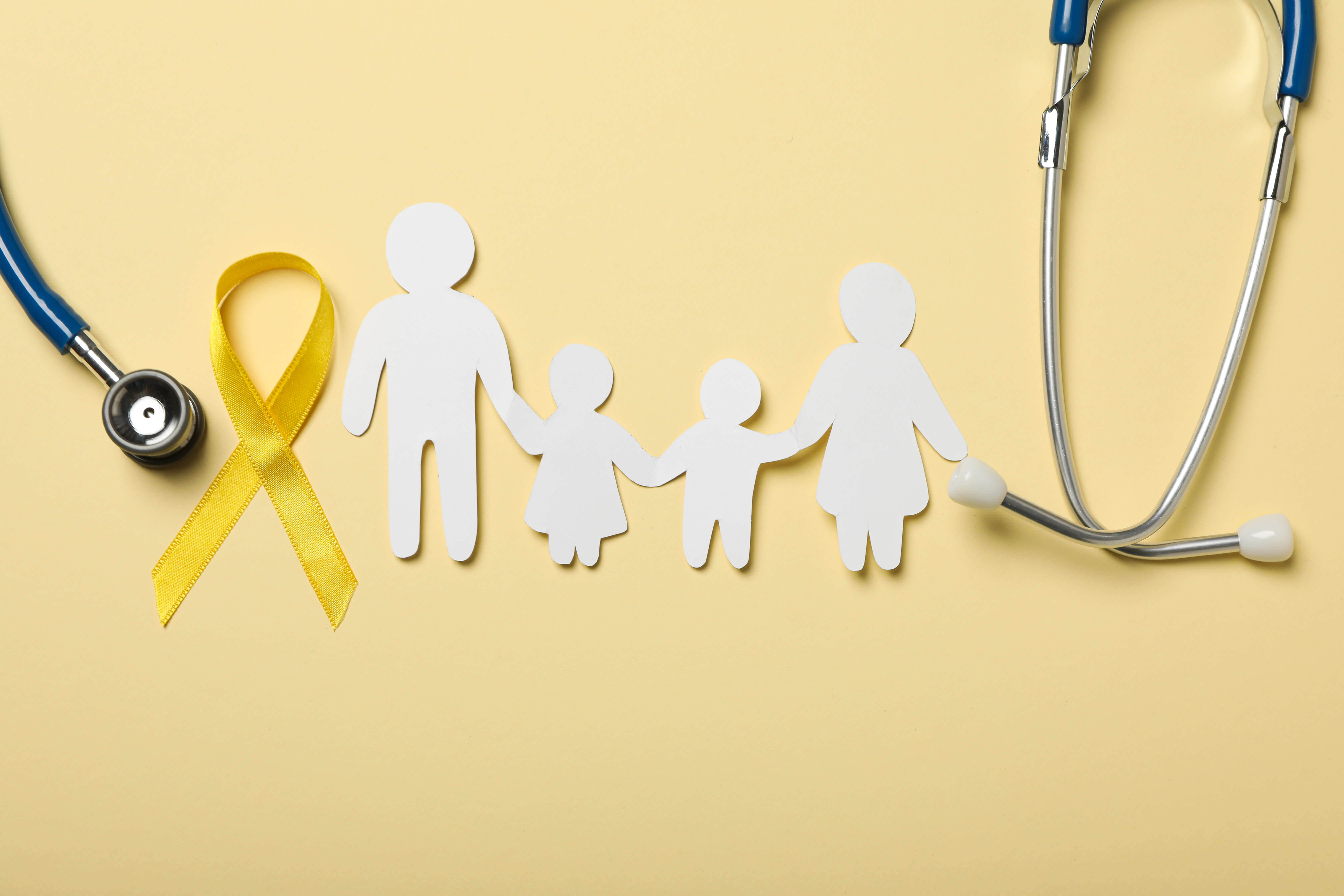
Source: Envato Elements
This Childhood Cancer Awareness Month, use this blog as an inspiration to talk openly, listen without rushing, and keep showing up in small ways. Start the conversation, even if it’s just one simple sentence today.
Those steady, honest moments, more than anything else, can give children fighting cancer clarity, comfort, and the courage to keep going.
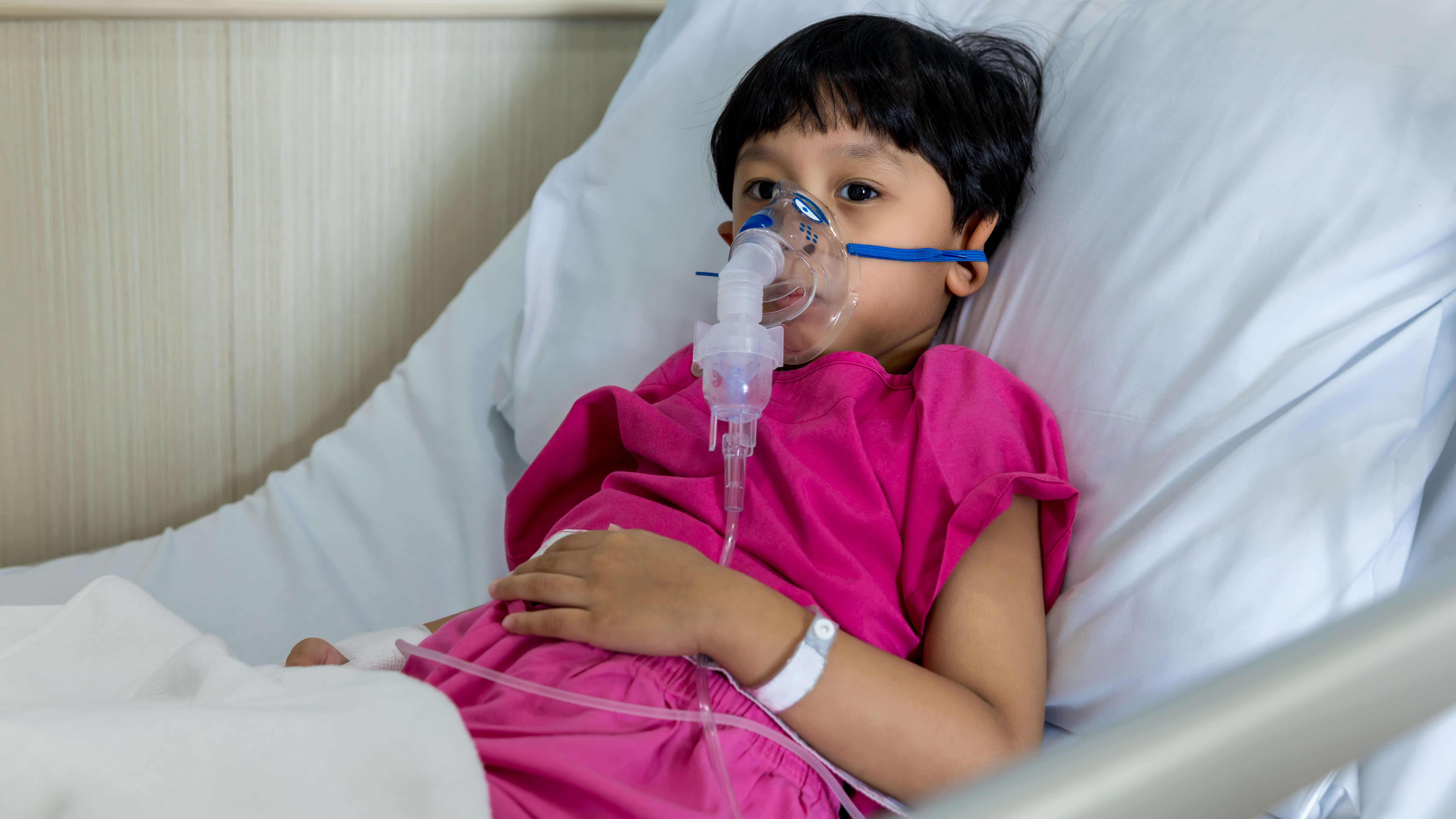





 Information
Information Alert
Alert